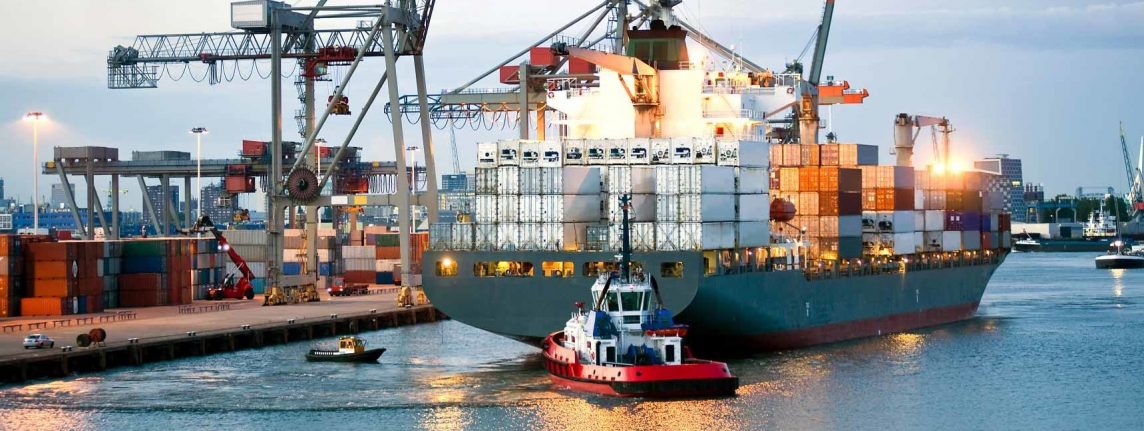The union has set a deadline of 4 p.m. ET
Canada Border Services Agency (CBSA) workers across the country could take job action beginning this afternoon unless a deal is reached before the strike deadline.
Here’s what you need to know:
Who’s involved and what’s at stake?
Over 9,000 workers with CBSA, out of about 11,000 total workers, could be part of the job action.
It would include CBSA employees at airports and land and marine ports of entry.
They are represented by the Customs and Immigration Union (CIU), which is affiliated with the Public Service Alliance of Canada (PSAC).
The union has set a deadline of 4 p.m. E.T. today. If no deal is reached by that time, the union says workers will take job action immediately.
While the workers would be on strike, it doesn’t mean they’ll be off the job.
About 90 per cent of workers represented by the union are deemed essential, the CBSA said in a statement. That means they must continue to do their jobs, but are free to participate in job action outside their working hours.
Possible job action could include “work to rule,” when workers could apply each and every one of their job’s rules and regulations.
“You can create tremendous lineups of those trucks and tremendous lineups of people. It’ll be very, very disruptive if they do work-to-rule because so many people cross that border every day,” said Ian Lee, an associate professor in the Sprott School of Business at Ottawa’s Carleton University.
For example, border officers could ask people, in each and every car, all of the questions permissible at a border crossing.
The Treasury Board of Canada Secretariat said that under the Federal Public Sector Labour Relations Act, employees deemed essential have to provide uninterrupted service and “cannot intentionally slow down border processing.”
When could we see job action?
The union says workers will begin job action if no deal is reached by 4 p.m., after workers voted 96 per cent in favour of strike action.
Both parties started a mediation process on Monday.
- Concerns mount ahead of possible job action at Canadian borders
- Do border workers have a higher cancer risk? 2 unions, Ontario workplace research centre team up for a study
Has there been any progress?
The CIU said Thursday there were no updates regarding talks because mediation is ongoing.
“We are still hopeful an agreement can be reached but the clock is ticking if the government wants to avoid any potential delays at Canada’s borders,” said CIU spokesperson Pierre St-Jacques.
In a statement, the Treasury Board of Canada Secretariat said it was “disappointed,” by the threat of job action.
“Negotiation is a process of give and take,” a spokesperson said. “The government is prepared to make concessions, but there needs to be movement on both sides. Canadians expect these outstanding issues to be resolved at the bargaining table swiftly, and the announced labour disruptions undermine the negotiation process.”
What issues are workers prepared to strike over?
Many of the issues on the table here are similar to those in other organizations: Worker protections, wages, and pensions and benefits.
But CIU president Mark Weber said they’re also looking for provisions similar to those of other law enforcement agencies, like the “25 and out” retirement provision.
He said they’re also looking for wage parity with RCMP officers, who he said make about 15 per cent more than CBSA officers.
Can Ottawa force CBSA workers to keep working?
Well, technically.
The government can legislate workers back to their jobs, if they deem it necessary, but that action is controversial.
Two people who cross the border regularly for work told CBC News the slowdowns would be a headache, but neither supported back-to-work legislation at this point.
Brian Masse, NDP MP for Windsor West, told CBC News on Wednesday that his party wouldn’t support back-to-work legislation.
What can I expect at Canada-U.S. borders?
In Windsor, Ont., representatives of two border crossings are urging both parties to come to an agreement.
“As in all operations, adjustments must be made from time to time to improve the way stakeholders work together, including the negotiation of collective agreements,” a statement from the Detroit International Bridge Company read.
“We will be working hard with the CBSA team to ensure there is minimal impact to the flow of trade and commuter traffic.”
Neil Belitsky, CEO for the Detroit Windsor Tunnel, told CBC News that travellers could check their website and social media for updates to wait times.
“We understand that both sides are diligently working on coming to agreement,” said Belitsky.
- CBSA work-to-rule would create ‘chaos,’ quick government response, professor says
- Residents voice concerns over hazardous materials plan by Ambassador Bridge
Would a strike impact the economy?
Trade organizations and employers with workers who cross the border regularly have sounded off about the possible impacts of job action.
The Windsor-Essex Regional Chamber of Commerce said it has penned letters to both the union’s Weber and Anita Anand, president of the Treasury Board.
“Any strike by PSAC-CIU workers is going to have a major impact in our region, especially for local businesses,” said CEO Rakesh Naidu in a letter.
“Businesses that rely on a smooth and timely flow of cross-border goods and services could face significant challenges from this job action, including the automotive sector, which is heavily dependent on ‘just-in-time’ logistics.”
That letter was co-signed by other local chambers, as well as the chambers of commerce in Sault Ste. Marie and the Niagara region, which are also border communities with a lot riding on a potential strike.
Another industry group, the Canadian Manufacturers and Exporters (CME), warned job action could impact the $3.1 billion in goods crossing the borders each day, including $400 million crossing the Windsor-Detroit border.
“We are very concerned about the impacts that another critical supply chain disruption, this time at CBSA, will have on manufacturers,” said CME president Dennis Darby.
“Extended delays will disrupt operations and production schedules, harming manufacturers, and their workers. Once again, manufacturers are being held hostage from circumstances outside their control.”
This is from the 7 June 2024 edition of CBC News.




